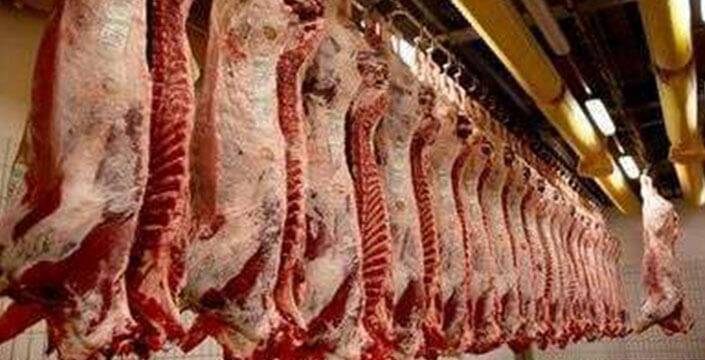A scramble for foreign currency by non-abattoir meat exporters has left meat-producing and exporting companies in dire straits. The companies have com
A scramble for foreign currency by non-abattoir meat exporters has left meat-producing and exporting companies in dire straits. The companies have complained that “unfair business competitions” are crowding them out of the meat export market.
Earlier last week, the lobbying group for the companies announced that they would cease exporting meat, only to abandon the plan two days after their announcement due to pressure from government officials.
The abattoirs accuse the non-abattoir exporters of offering the local market inflated prices and then selling the meat at a lower price just with an intention to generate forex despite making losses.
– Advertisement –
In a letter dated April 3, 2023, the Ethiopian Meat Producer-Exporters Association informed Minister of Agriculture Girma Amente (PhD) of the decision to halt meat exports. However, officials from the Ministry of Trade and Regional Integration persuaded the slaughterhouses to reverse their decision.
The Association explained how individuals involved in leasing a few abattoir services for the purpose of exporting meat impacted the business this year. The letter also attributes this year’s poor export performance to the pursuit of foreign currency by individuals involved in the export industry temporarily.
“These individuals are disrupting the local cattle market and contributing to the skyrocketing prices, because they want foreign currency for import and obtain possible loans from banks,” the letter states. “This development is destroying the positive reputation Ethiopia has earned in the Middle Eastern meat market.”
Members of the Association see no hope unless the government makes a decision to compel non-abattoir exporters to cease interfering in the business.
Kelifa Hussein, the head of Frigorifico Boran Foods Plc. under Allana Group, one of the companies under the Association, told The Reporter that the presence of non-abattoir exporters in the sector has harmed their business and contributed significantly to the loss of market share. Buyers are turning their attention to neighboring countries such as Kenya, according to him.
He explained how the value of local goat meat increased from approximately 200 birr per kilogram to 400 birr per kilogram in a short period of time due to the non-abattoir exporters’ desperate attempts to acquire and export the meat.
The 400 birr per kilogram of goat meat is equivalent to USD 7.4, a dollar less than the minimum price established by the National Bank of Ethiopia (NBE). The meat export business incurs losses from the outset, excluding operating and other related expenses, industry insiders claim.
“We purchase goat meat at 400 birr per kilogram, but surprisingly, they are willing to pay even more and purchase it at a higher price,” he said. “There is an approximate USD 800 loss per ton of meat, exclusive of operation costs, which will inflate price of commodities they import.”
Kelifa outlined the multitude of problems caused by these exporters without abattoirs, including the squandering of national resources and a dramatic increase in the price of cattle on the local market.
www.thereporterethiopia.com
